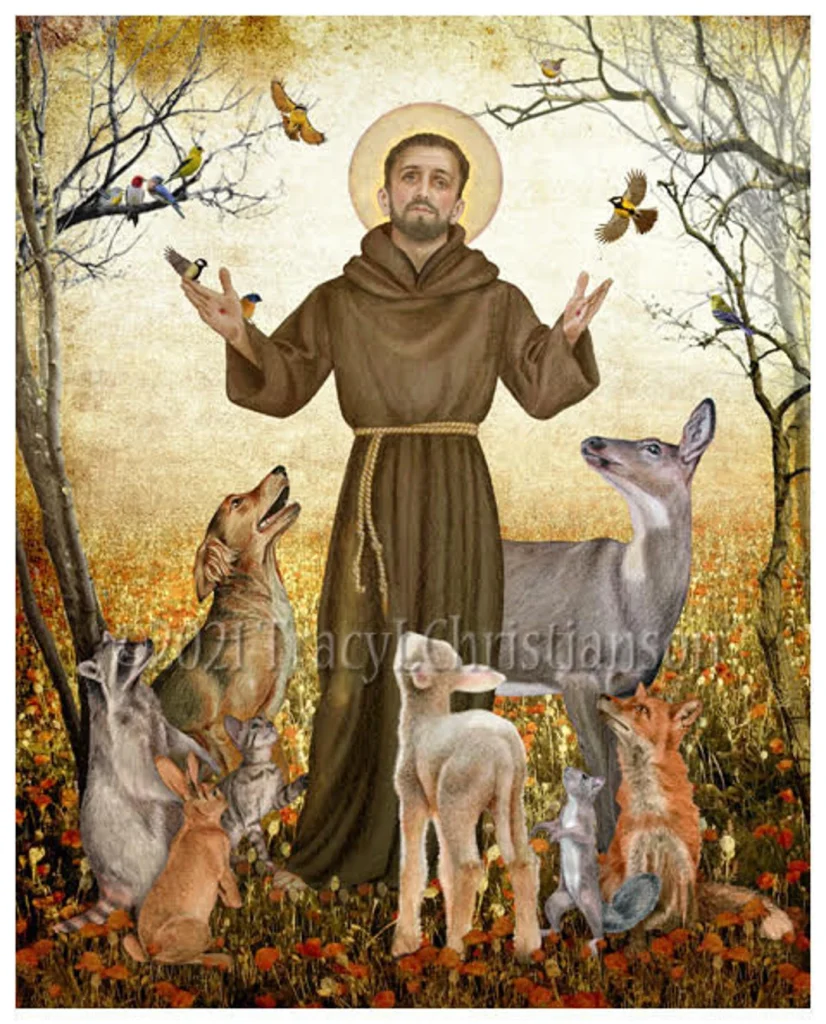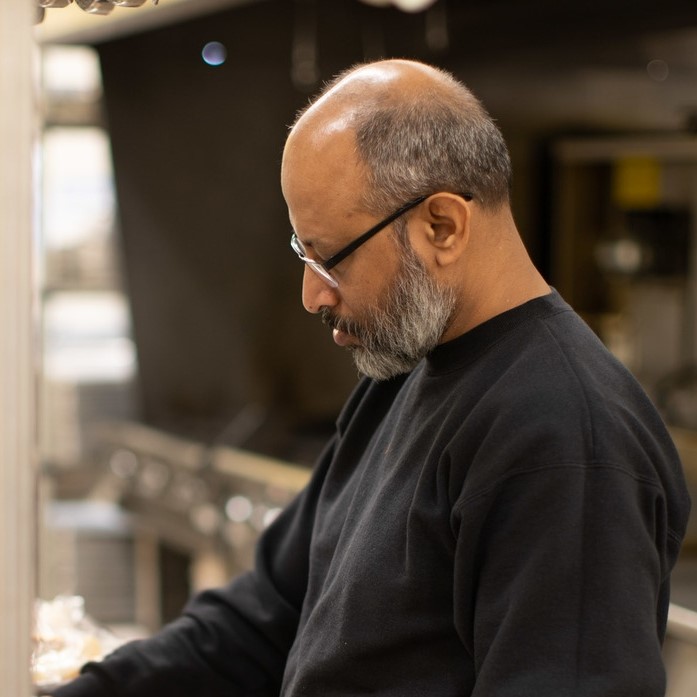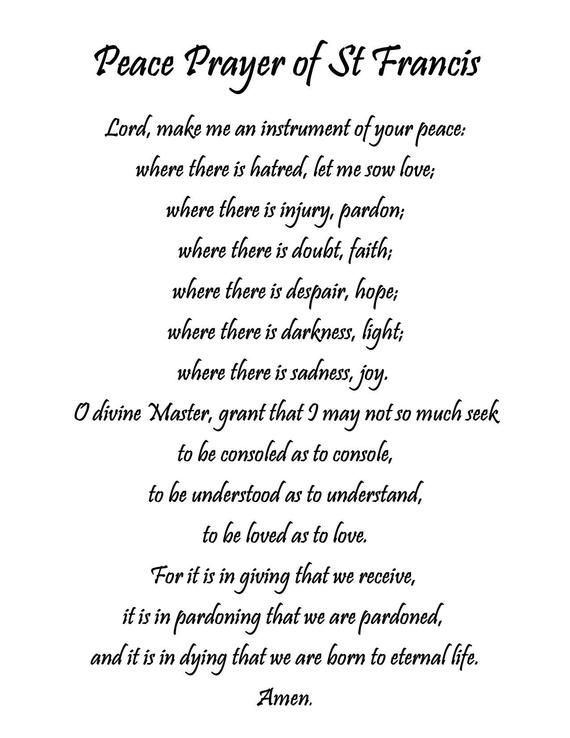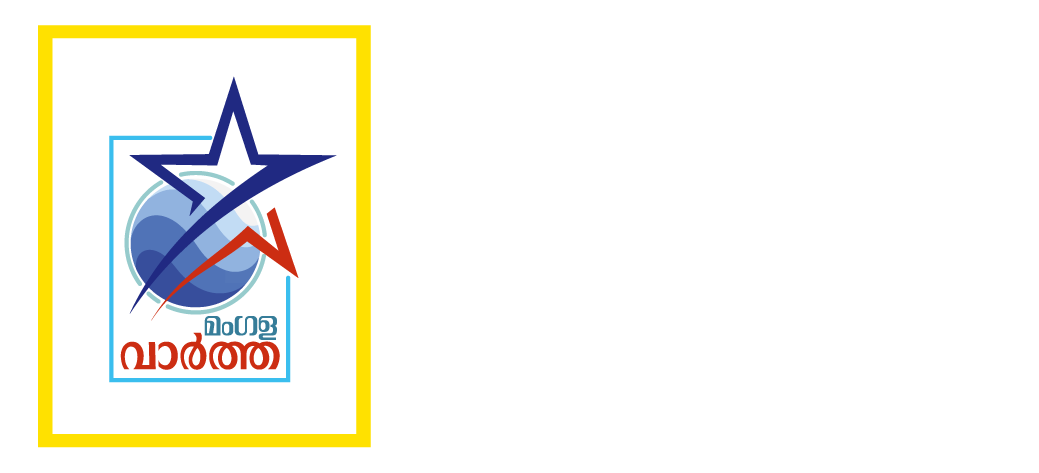Francis was a man who lived much ahead of history. Francis’ visions and ways of living are being replicated in many areas today. The most prominent of these is the concept of fraternity. It is valid in all social-cultural-economic-ecological areas. That means, when it comes to reorganization of the society, when it comes to environmental protection, when it comes to intercultural cooperation, and when it comes to changing the economic system, the concept of fraternity comes to the fore now. In short, it means that for the world the way forward remains in the notion of “fraternity”.
We can only touch on a few basic indications in the life of Francis and his companions, that have the most potential for explaining the economic sphere.

1 All the monasteries of that time were established in places far away from the towns and cities. All of them were on hilltops, edges of forests and very far-flung inlands. However, Francis and his followers were hardly a mile or two away from the City of Assisi. Wherever they established friaries they did it just outside the city limits. Monks kept a distance from traders as market and trade were not very suitable for monastic life. However, Francis was the son of a merchant. He had himself traded. Therefore, Francis did not try to distance himself from the merchant class. Along the city’s outskirts, Franciscan friars mingled with the poor who lived there and the merchants in the city alike.
2 Unlike other ascetic endeavors, Francis sent his companions for manual labor. The friars went to harvest wheat, pick olives, harvest grapes, cut trees, chop firewood and carry firewood and other loads etc. However, they refused to handle ‘cash’ – money. Francis must have realized that there’s exploitation wherever ‘money’ is paid for labor and ‘money’ is exchanged for produce. By refusing to handle money, they did not participate in the exploitative system and walked away from it.

3 Instead, they requested for things as wages for their labor. Grapes, if they picked grapes. If they picked olives, you give them olives, if they chopped firewood, give them some firewood. They gave away a share of what they got to the poor on the way. A second portion they would leave behind the kitchen door of Clare and her sisters. Finally, they took only a small portion of their labor for themselves. Those unable to do such manual labor, went to beg.
4 They did not support individualism or collectivism. The monks of that time practiced almost collectivism at that time. There the ‘individual’ was irrelevant – the community was all that mattered. In the Franciscan style, there is the community and there is the individual. Therefore the friars had individuality and freedom, in Franciscan way of living.

5 Fraternity was the basis for love, for labor, for sharing of goods, and even for prayer.
6 Also very important was “minority”. They were to be called as Friars-Minor. Therefore, the question of “who is the greatest among them” did not have much relevance among them. Therefore, there could not be competition.
7 It was strictly enforced that those who entered the Fraternity had to distribute their wealth to the poor, if they had any wealth in their name. Similarly, although they begged for alms, they were not giving alms, but were sharing what they had in fraternity. It means that they were not giving few cents but sharing the fruits of their entire labour. In both these ways they were showing signs for the redistribution of wealth.

8 The rigorous poverty and simple life of Francis and his companions was in itself an economic allusion. They positively turned away from consumerism.
9 Next is the fraternal attitude towards nature and all living beings. When everything is seen brother-sister, with something of person-hood, there is connection; and responsibility has already come in.
10 Friars were not the only Franciscans. The fraternity also includes Clare and her sisters. Although in the cultural context of that time Clare and her companions chose a cloistered life, we must not forget that the Franciscan vision also has a feminine side.
Economy
If we look at the origin of the word economy, which means financial management, we can see that it comes from the word oikonomia, which is a combination of two Greek words. (The word ecology also comes from the same word.) ‘Oikos’ means home, and ‘nemein’ means, to manage. So, economy must mean house-management; housekeeping. Jesus often talks about the steward who is appointed to provide at the right time food and other things to those in the household. Note that he is talking about “Economy”.
In each era, this ‘house-management’ has taken different forms. As we come to our time it has become a monstrous structure that operates on mercantile forces based on demand-supply principles in a capitalist manner. Profit has come to be its sole driving force and objective. Ours is a world where everything comes under the market, and the stock market assumes a place above it all, and the bull that thrusts its horns upward becomes the happy symbol of the society! This system is making people more and more exploited and placing all the wealth of the world into the hands of a tiny few. Studies show that the gap between the haves and the have-nots is widening even behind the illusion that it is shrinking. All those well-meaning people think that this situation should change. Things change very slowly. However, signs and indicators do emerge in different parts of the world. And therein lies the contemporary relevance of Franciscan visions. Some such directional cues could be found in some of the Franciscan emphases sketched earlier.
1 Henceforth spirituality will not be something that excludes economic structures and commerce, but, should be one that will transform and advance them as well.
2 Labor in the Franciscan way also includes solidarity with the poor and the marginalized. Things must become different from the way we conceive ownership as “the fruit of my labor is mine”.
3 Not only wages and trade, but the world economic system itself must become a fairer one. The movement forward ought to be guided.
4 Today’s definitions of personal development and personal freedom are all flawed. More importantly, they need to be defined in the context of the organism called society.
5 The mottos of the French Revolution were Liberty, Equality and Fraternity. Following the same path, the word ‘fraternity’ came to be the motto of many other nations as well. But, “fraternity” itself did not enter and find a place in any of them. The world needs to be rebuilt on the concept of “fraternity”. Naturally, so also the world economy.
6 ‘Competition’ is the driving engine of today’s capitalist-commercial-economic sector. When social development is crawling on the ground, we have to watch with great fear the progress of economic development alone taking place in such a speed and velocity. Therefore, many are observing today that the very ideas that drive the financial sector need to change in the direction of “fraternity”.
7 It is good news that ideas about redistribution of wealth are at times coming from within capitalist circles themselves. In a world that has advanced so much in terms of ideas, science and technology, and economically, the situation where billions of people have to live in inhumane poverty is making the whole world sad. An undoing and a redoing much be in place.
8 Consumerism has reached its peak today. Carbon emissions have disrupted life on earth. The earth has become a garbage heap. Our technology, production and distribution have to change to keep pace with the population growth. We cannot continue with the old production-consumption-distribution patterns. Humanity will have to practice responsible consumption.
9 The way nature is viewed as objects has to change. Nothing is unrelated to the other. The environmental lesson is that it is not possible for any living being to continue to exist without depending on others. Humankind has to find paths to grow into a loving and fraternal relationship with the earth and nature. It is suicidal to leave the world and the earth to the will and pleasure of a few profiteers.
10 The world economy moves in a patriarchal way. Disruptive are the existing practices. Feminine and maternal aspects should also be embedded in the said area.

Minimalist thinking is becoming increasingly popular in most parts of the world. More and more people are getting used to living more simply, consuming less, helping and cooperating with their fellow human beings. A youth movement called the Economy of Francesco (EoF) has been taking root in Europe for the past few years. They think about and work for a new economic order. Environmental and human rights activists and organizations are expanding their area of thought and action. There are efforts to make the Earth a greener planet again, and initiatives to build a more socially responsible world.
The world is looking for brothers and sisters of the Earth in the spirit of Brother Francis, to bring together ecology and economy, and to take them back to their original roots.

George Valiapadath
(Capuchin Friar)
__![]() ____ ___ __ _
____ ___ __ _
(Here’s the translation of my recent article in Malayalam published in Assisi Magazine)


